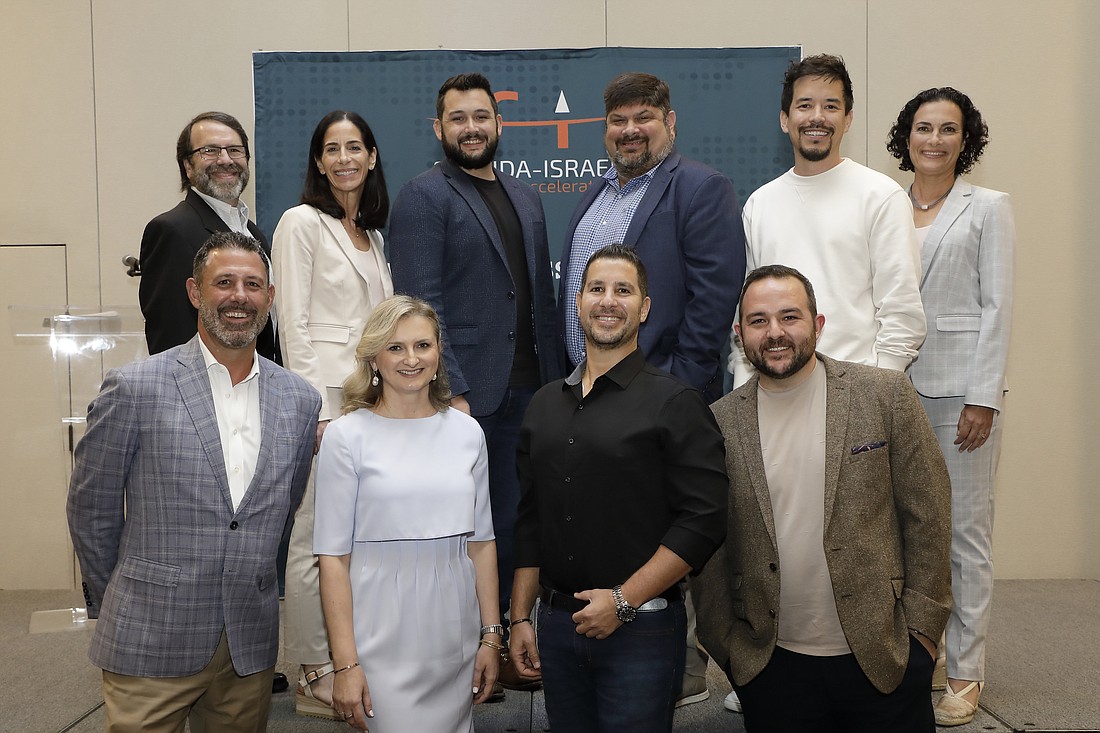A recent hospitality event highlighted the struggles the industry continues to face. The main one? Labor.
The Shanna and Bryan Glazer JCC in Tampa was filled with 100 individuals at the Hospitality FWD: Spotlighting Cutting-Edge Innovation event Aug. 31. The event was organized by the Florida-Israel Business Accelerator.
The past three years have proved to be tough for the hospitality industry. After employers in the industry laid off or furloughed employees, many have been reluctant to come back, Zach Feinstein, CEO of The Feinstein Group, said during one of the night’s panels.
According to data released by the U.S. Bureau of Labor Statistics in August, employment in leisure and hospitality have started to trend upward, with an average of 61,000 jobs added each month over the last 12 months. Still, employment remains below the pre-pandemic level by 290,000, or 1.7%.
Some takeaways from the panels included:
- Chon Nguyen, partner at Proper House Group, on retaining talent: “It’s been hard lately. I mean I think if you look at the last three years and what COVID did, everybody’s labor costs have increased.” Nguyen says he’s added a discretionary line for the kitchen staff just as a way to show support.
- Nguyen also noted the problems facing industry workers when it comes to finding affordable housing and transportation. “I think the number one concern is wages, cost of living and making sure that our people are able to live close to where they work,” he says. “That continues to be a problem for us.”
- Natalia Levey, founder of Hi Restaurant Group, has found that communication, collaboration and giving credit are resourceful retention tools. She’s also started prioritizing wellness because “the industry can be so self-destructive,” she says. Levey has a multi-prong approach: breathing exercises, making mindfulness a principle of the company, collaborating with doctors and leading by example.
- Feinstein recently shifted to a commission-based payment system for tipped workers. Essentially it drops hourly pay, while also giving them a portion of a mandatory gratuity. Early on, he dealt with employees protesting the move. But he chooses to see the “data over drama,” he says. He pointed to one employee who works 30-35 hours a week and now makes $200,000 a year.
- Levey and Feinstein both see the future of the industry shifting to providing more vegetarian or vegan options. Feinstein says, “I never knew how many things could be made out of cauliflower."

